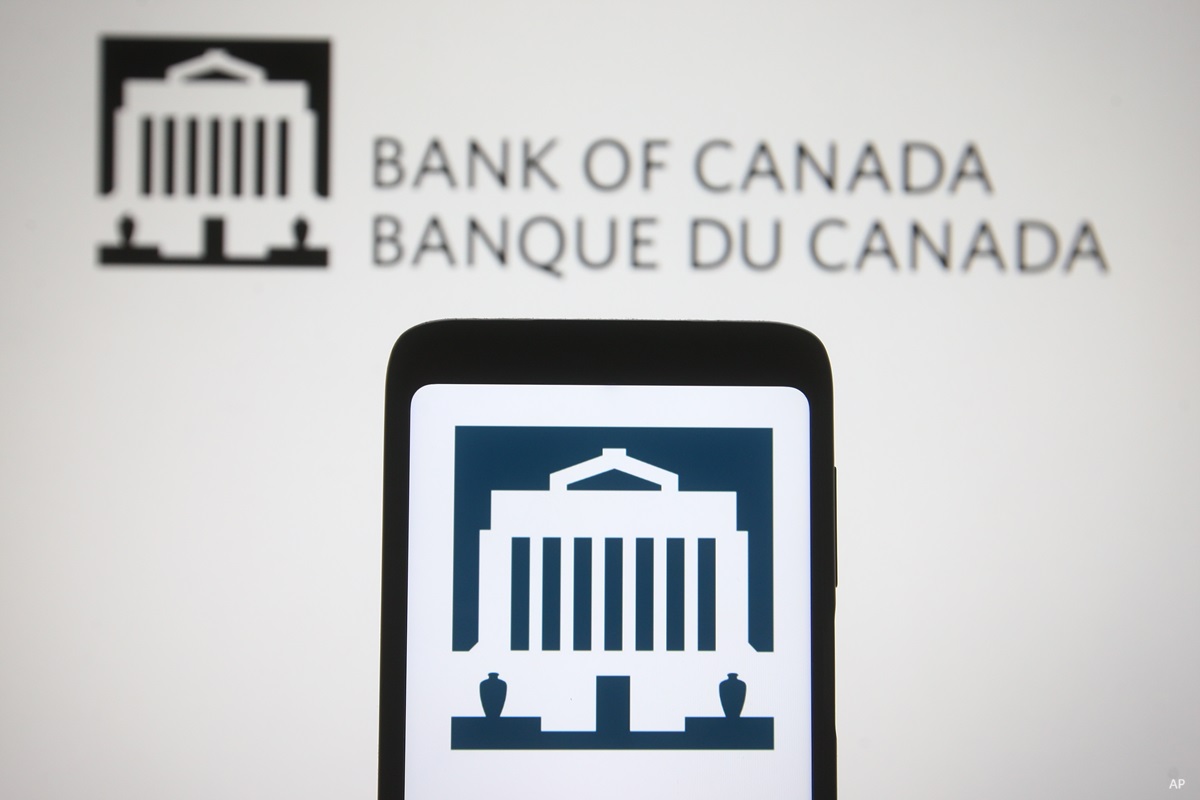What's Driving the Latest Big Drop in Stocks?
Worries about inflation’s toll on earnings sparked the plunge, but stocks are now ...
Michael Keaveney: A common definition of a recession is two consecutive quarters of negative GDP growth, with some observers using a broader definition of a pronounced, persistent and pervasive decline in overall economic activity based largely on GDP and the job market.
Whatever the definition, global talk of a recession has been on the rise, with many investment firms, economists and other pundits recently weighing in. Google searches for the term recession are trending strongly upwards through mid-May. Canada has experienced five or six recessions of varied impact and duration since 1970 depending on the definition. So, they are relatively rare but not unprecedented and should be an expected part of an investing lifetime.
Successive rate hikes from the Bank of Canada to rein in inflation and excess demand have ignited some natural concern as many, but not all, rate tightening cycles have resulted in recessions in the past. GDP growth has also slowed with measures of first-quarter growth in Canada coming in below previous rates and below consensus expectations. And domestic investors can't just focus their attention on local activity. We're integrated into the global economy. So, global supply chain issues, elevated commodity prices and the uncertain continued path of a global pandemic factor into the equation.
All told, it's reasonable to think that there is an elevated probability of an upcoming recession in Canada compared to normal, but it isn't a foregone conclusion or even the base case. Beyond the specific probability of whether a recession occurs, there is also uncertainty around the ultimate depth and length of such a downturn. Not to mention the timing of the initial onset. There are a lot of moving parts to this type of prediction, and we are not convinced that most people, including professionals, can consistently get it right.
Recession predictions are unsettling and can evoke anxiety about more than just investments. But investors would be wise to remember a few things. First, before making important investment decisions, it's always prudent to remind yourself of the goals of your portfolio, which may be incompatible with big changes driven by short-term considerations. Next, remember that the link between economic activity and stock market performance is often tenuous. Companies and industries have different patterns of performance, and some can be more resilient to or can even benefit from, economic malaise.
On a related note, valuations matter. Investors will continue to look beyond the current economic cycle and determine if the price they are paying to buy into or hold on to a company is attractive over the long term. Also, forecasts about economic activity are never certain, and there is always a wide margin for error. There is no current consensus on whether there will actually be a recession, even among experts. Like many other things, negative predictions likely take on more prominence in our minds than positive or neutral predictions. We are wired that way, and the media generally obliges.
In that vein, we encourage investors to build their long-term portfolios to be robust to a variety of scenarios, of which a recession is only one. In our view, the inherent uncertainty of markets makes it prudent to build portfolios for a variety of potential paths. Positioning all your assets for a single scenario, such as an upcoming recession, isn't a great idea.
For Morningstar Investment Management, I'm Michael Keaveney.
 How to Avoid Bubble Trouble in Your Portfolio
How to Avoid Bubble Trouble in Your Portfolio
Worries about inflation’s toll on earnings sparked the plunge, but stocks are now ...
 Russia-Ukraine: What Should Canadian Investors Do?
Russia-Ukraine: What Should Canadian Investors Do?
The short-term is rocky, but the initial market drop usually recovers in one to six months.
 Is a Recession Still on the Radar in Canada?
Is a Recession Still on the Radar in Canada?
These signs point to a Canadian stock market slowdown, while some experts fear they mean worse.
 Bank of Canada June Interest Rate Decision – What's Likely on Wednesday
Bank of Canada June Interest Rate Decision – What's Likely on Wednesday
Canadian interest rates may still be on hold this week while expectations for a cut in the U.S. f...

Michael Keaveney Michael Keaveney, CFA, is Director, Investment Management at Morningstar Associates, Inc.